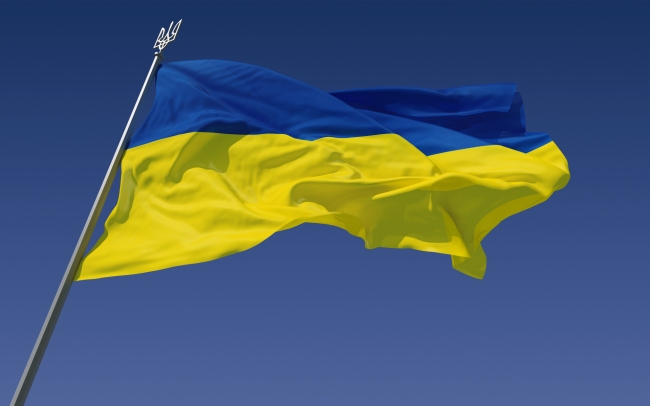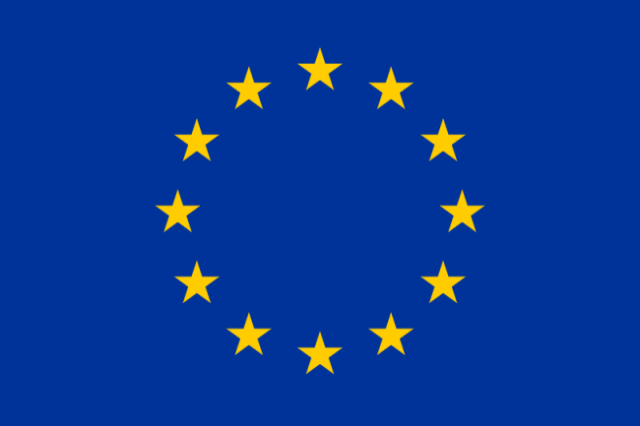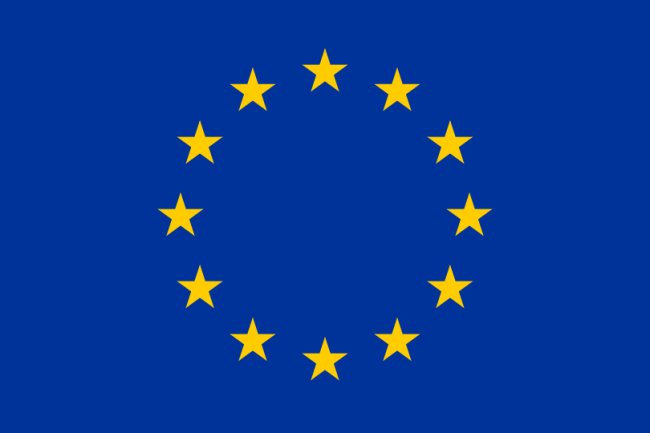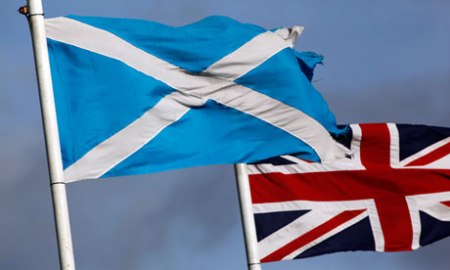The crisis in Ukraine has reached a breaking point. The recent violent clashes in the Ukrainian port city of Odessa between pro-Russian separatists and the pro-Ukrainian’s, has resulted in many casualties and deaths. The clashes on Friday left more than 40 people dead, mostly pro-Russian separatists killed in a building fire after Pro-Ukrainian protesters firebombed the building as a part of the ongoing street battles.
Furthermore, over 60 people arrested over Friday’s violence in Odessa have been freed by police after protesters attacked the main police station. Several hundred pro-Russian protesters besieged the police headquarters, breaking through windows and doors. These violent clashes have been broken out all over Ukraine, and Ukrainian troops are carrying out operations in the east to wrest control of government buildings from pro-Russia separatists. After vicious battles in and around Kramatorsk, pro-Ukrainian troops reportedly recaptured the town’s television station and security services building. Elsewhere in the east, fighting also rages. There are reports of clashes near Andreevka, Kostyantynivka and the rebel base of Sloviansk. The government and the pro-Ukrainians seem finally to be taking the battle to the separatists, but can they gain the upper hand?
According to the Oxford English Dictionary a Civil War is, “War between the citizens or inhabitants of a single country, state, or community.” Based on this definition, it cannot be disputed that the crisis in Ukraine has escalated to a small civil war. Violent clashes between pro-Russian separatists (who want Ukraine to be a part of Russia) and the pro-Ukrainian’s (who want Ukrainian unity) are erupting all over the country, and only seem to be getting worse. The Ukrainian government appears to be handling the violence very poorly, with little tangible control over the situation or its people. Following the annexation of Crimea by Russia, it was originally the pro-Russian separatists who were engaging in violence, but now pro-Ukrainian supporters have also started to fight back equally destructively. In response, the Ukrainian police has been struggling to manage the situation effectively. If the Ukrainian government fails to control the situation over the next few days, the crisis in Ukraine could very well deteriorate into an all-out civil war with casualties and death on all sides.
Additionally, the threat of Russian military intervention continues to be a major possibility, particularly if the situation in Ukraine deteriorates even further. Russia is not likely to hesitate to protect its Russian speakers in Ukraine, especially if it feels they are being persecuted by the pro-Ukrainian forces and the Ukrainian government. If that turns out to be the case and Russia does invade Ukraine, Western intervention by the rest of Europe or the USA might well follow to help protect the sovereignty of Ukraine. It would effectively transform the crisis in Ukraine into a massive Cold War era-style proxy war, between the West and Russia with Ukraine in the middle.
Stabilising the situation in Ukraine will be crucial for the Ukrainian government in the immediate future. Will the violent clashes continue and plunge Ukraine into an all-out civil war? Will Russia decide to intervene militarily? The next few days will be very telling.




